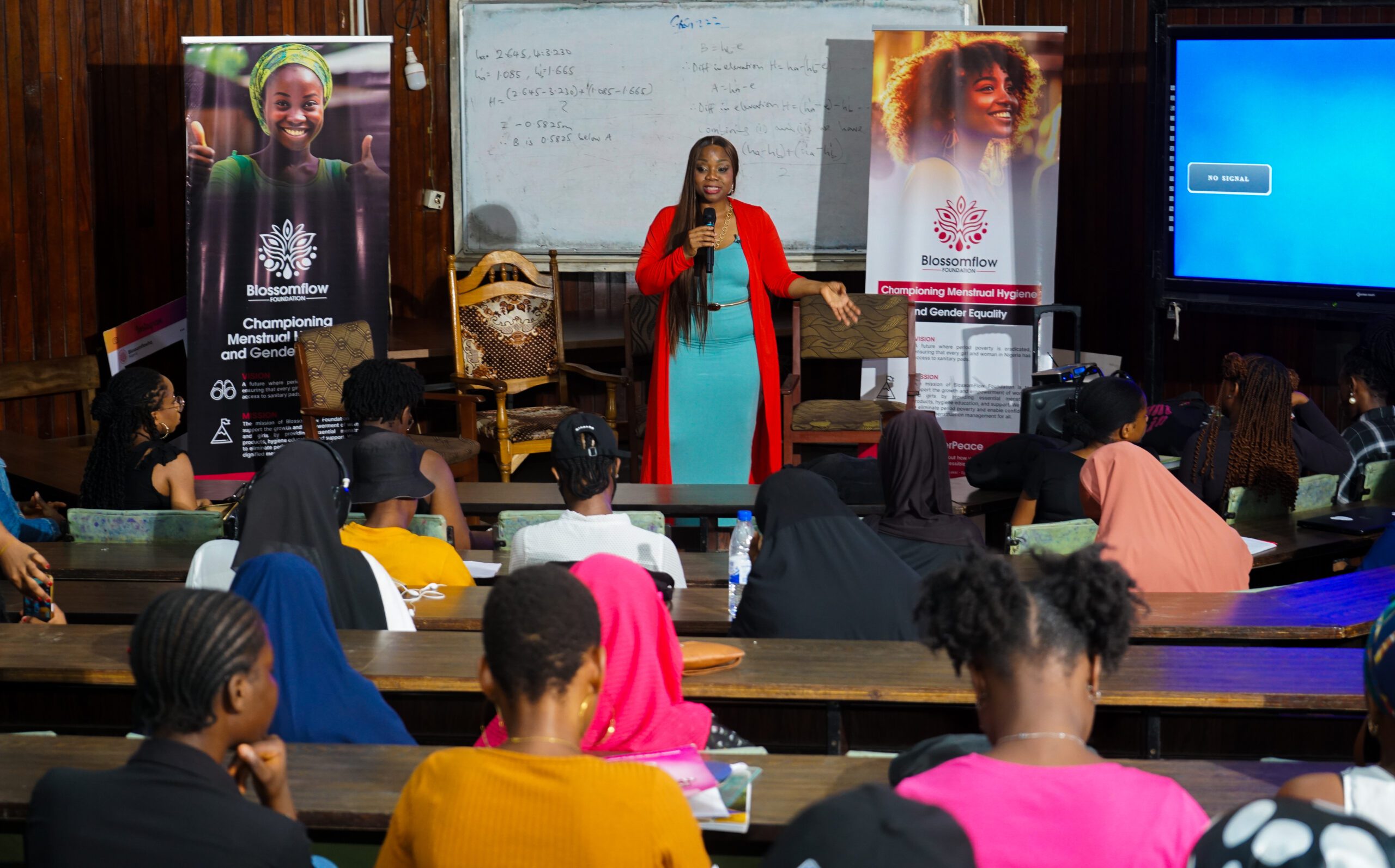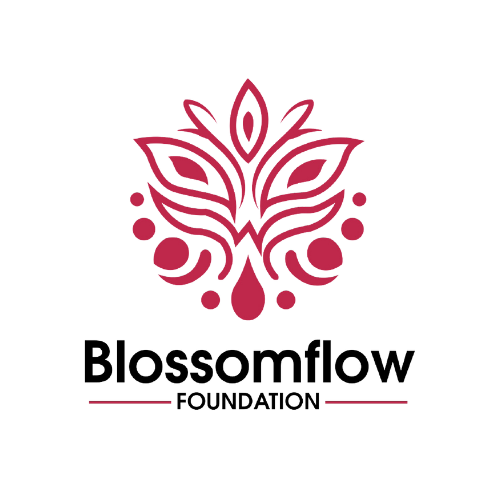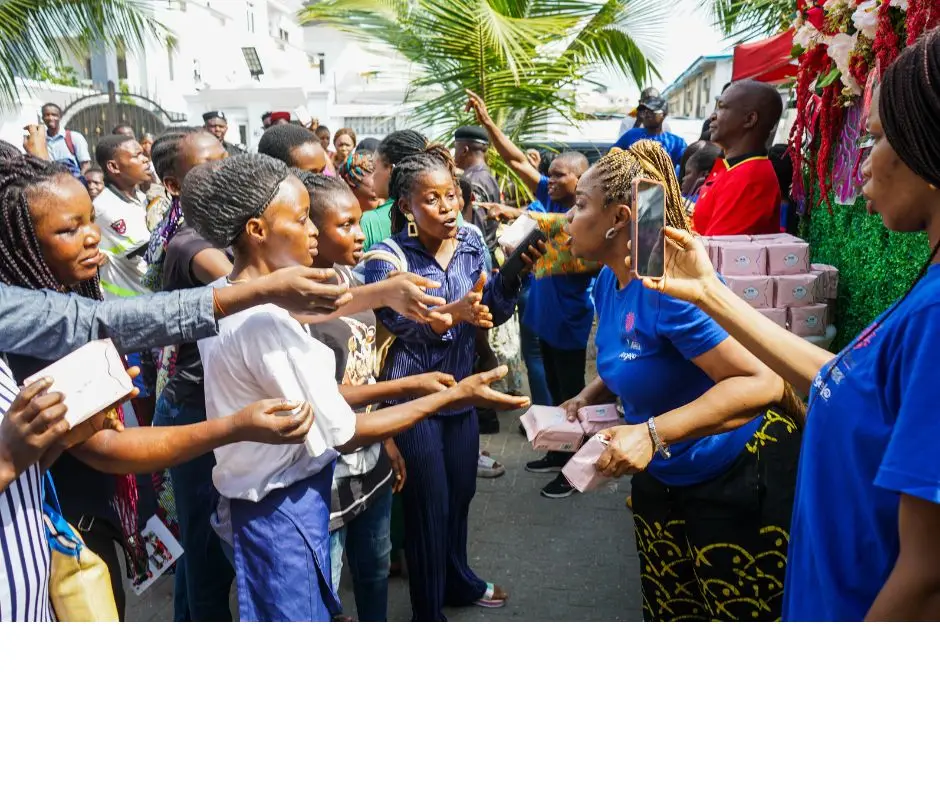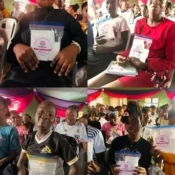
Menstrual Health and the Nigerian Community
Menstrual health plays a crucial role in the well-being and empowerment of women and girls. However, in the Nigerian community, discussing menstruation can still be shrouded in stigma and misconceptions. In this blog, we’ll explore the myths surrounding menstrual health in Nigeria and highlight the efforts being made to support and educate girls.
Understanding Common Myths About Menstruation
Menstruation is often surrounded by myths and misconceptions. Many of these myths can negatively impact the understanding and management of menstrual health among Nigerian girls. In this section, we’ll address some common myths and provide the facts needed to dispel these misunderstandings.
One prevalent myth in Nigeria is that menstruation is a sign of illness. This misconception can lead to ostracization and embarrassment for girls, especially when they first experience their periods. In reality, menstruation is a healthy, natural part of a female’s reproductive cycle. It’s crucial to stress this point to avoid perpetuating ignorance and fostering gender discrimination. Changing perceptions starts with education. By providing clear information and open discussions, we can redefine the experiences of Nigerian girls, ensuring they know that menstruation is nothing to be ashamed of.
Another persistent myth is that menstrual blood is dirty and impure. This belief often leads to taboos such as prohibiting women from participating in certain activities during their periods. Such myths can have a profound negative impact, not only on how girls perceive themselves but also on how they are treated in their communities. Reimagining menstruation as a symbol of health and fertility, instead of shame, can help dismantle these age-old misconceptions. This shift requires involving both men and women in educational initiatives to foster a comprehensive understanding of menstruation’s natural role.
The Impact of Stigma on Girls’ Education
The stigma attached to menstruation can have detrimental effects on a girl’s education. Missing school due to lack of access to sanitary products or support during menstruation is common. We’ll discuss how this stigma affects girls’ education and steps that can be taken to mitigate this issue.
In Nigeria, many girls face the harsh reality of missing school during their menstrual cycles simply because they lack access to adequate menstrual hygiene products. This absence can accumulate, resulting in significant educational gaps. As a result, these girls are at a higher risk of falling behind in their studies, which can have a long-term impact on their futures. The provision of affordable and accessible sanitary products is urgently needed to combat this issue. Initiatives focusing on distributing sanitary supplies can play a pivotal role in keeping girls in school and ensuring they have equal opportunities to succeed academically.
Besides th e tangible barriers, there is an intangible stigma that prevents girls from attending school during menstruation. Fear of ridicule and the shame associated with potential leaks discourage school attendance, hindering educational engagement and performance. Community-wide efforts to de-stigmatize menstruation, including school campaigns and workshops, can help transform schools into supportive environments where girls are encouraged to attend and thrive, regardless of their menstrual cycles.
Community Efforts to Support Menstrual Health
Communities and NGOs like Blossomflow Empowerment Foundation play a vital role in supporting menstrual health. From non-profits to local initiatives, there are numerous efforts underway to educate and provide resources to girls and women in Nigeria. In this section, we’ll highlight some of these influential programs and their impact.
Local grassroots organizations in Nigeria have been instrumental in championing menstrual health education. Programs that focus on dispelling the myths and addressing the realities of menstruation empower young girls with knowledge and give them the confidence to tackle any associated challenges. One such program involves partnering with local schools to host informative sessions and distribute resourceful educational materials, thus creating an environment where open dialogues about menstrual health are encouraged and normalized.
Notably, community-led efforts include the introduction of reusable menstrual kits, which serve as a sustainable solution for girls lacking access to regular supplies. These kits, often handmade by the community, not only provide essential hygiene products but also foster skills development among women involved in their production. Through initiatives such as these, communities are able to take charge, creating sustainable support networks that are deeply embedded in the local context and needs.
Collaboration with local leaders and influencers is another effective strategy employed by menstrual health advocates. By involving respected figures in awareness campaigns, the sensitization process gains credibility and a wider reach. These influencers help drive home the importance of menstrual health, challenging prevailing misconceptions and encouraging collective community buy-in towards more progressive norms.
Improving Access to Menstrual Products
Access to affordable and reliable menstrual products remains a challenging issue in Nigeria. We’ll explore the current barriers in accessing these necessary products and discuss innovative solutions that are being implemented to ensure girls and women have what they need to manage their menstrual health effectively.
The high cost and limited availability of menstrual products are pressing issues in Nigeria, particularly in rural regions. Many women and girls are forced to resort to unsafe alternatives, which can lead to health complications. Tackling this challenge requires comprehensive approaches that involve subsidizing products and increasing production of low-cost alternatives such as reusable pads. Furthermore, establishing distribution networks in collaboration with local markets ensures that these products reach even the most underserved communities.
Technological innovations are playing a significant role in improving menstrual health access. Mobile platforms that educate and connect users to local suppliers are revolutionizing distribution channels, ensuring that menstrual products are available where and when they are needed most. By leveraging such technologies, communities are able to bridge gaps in accessibility and provide timely support to those in need, empowering girls and women to manage their periods with dignity and confidence.
Empowering Nigerian Girls Through Menstrual Health Awareness
By openly discussing menstrual health and dismantling the myths and stigmas associated with it, the Nigerian community can take meaningful steps towards empowering young girls. Education, community involvement, and accessible resources are key to fostering a supportive environment for all women and girls. Together, we can ensure that menstruation is no longer a barrier to education, health, and opportunity.
All Categories
Recent Posts
Why SDG 4 Cannot Be Achieved Without Ending Period Poverty
Tags
Give them a helping hand
Every donation fuels our mission to combat period poverty. Your generosity brings us closer to menstrual equity.
+234-909-482-1642
inquiries@blossomflow.org





